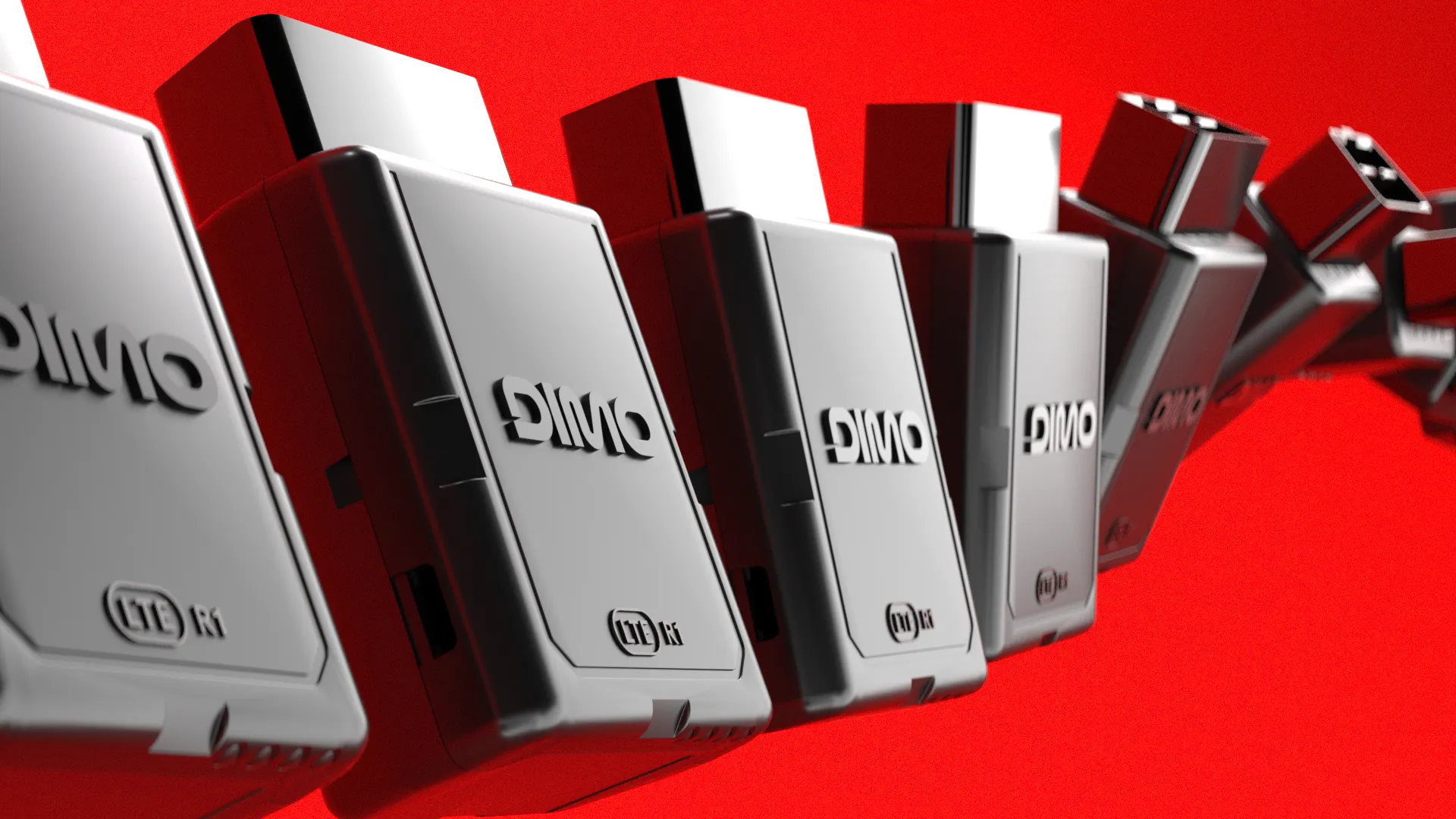In brief
- A Bitcoin wallet first opened in 2009 has suddenly cashed out.
- Some $500,000 worth of the cryptocurrency was moved in one transaction, leading many to speculate on the owner's origins, with some suggesting it could be Satoshi Nakamoto.
- However, some commentators have suggested that this wallet was not owned by the anonymous creator.
A long term Bitcoin hodler—or someone who just found an old wallet—has moved a large amount of Bitcoin, mined during the network's earliest days.
Today, 50 Bitcoin, worth $500,000 today, was moved, and split up into two addresses in one transaction. As pointed out by Coindesk reporter Zack Voell, the coin was mined in block 3,654—and hadn't moved since then.
When the Bitcoin was mined, on February 9, 2009, it was worthless. Bitcoin didn't really have a value until Laszlo Hanyecz bought two pizzas for 10,000 Bitcoin on May 22, worth around $20 at the time, giving it an approximate value of $0.002. (In fact, this day is now celebrated as Bitcoin pizza day). On October 5 that year, the exchange rate was first announced at 1 USD to 1,309.03 BTC—putting its value at $0.0007.
That Bitcoin is now worth $488,400 at a current Bitcoin price of $9,768.
The movement of the funds has already lead many to speculate on the wallet owner's origins.
"That's just one month after first bitcoin block was mined. There is not a lot of people who can do this, perhaps close associates of Satoshi. My question is why, not who, is sending 50 BTC for the first time in more than 10 years," tweeted Bitcoin analyst Joseph Young.
WhaleAlert, which tracks movement of large amounts of coins, said, "40 BTC (391,055 USD) transferred from possible #Satoshi owned wallet (dormant since 2009) to unknown wallet. The coins in this transaction were mined in the first month of Bitcoin's existence." Leading many to assume the wallet is tied to Satoshi Nakamoto.
His return is imperceptible, at first a faint rumour in some dark reach of the web. A lone cybersecurity researcher uncovers curious activity on a long-dormant Bitcoin wallet, unused since 2011. It appears a single “satoshi”—worth 1/millionth of a bitcoin, the smallest possible unit—has been transferred from one of the digital wallets believed to have been owned by Satoshi Nakamoto, Bitcoin’s presumed dead inventor.
The researcher tweets about it.
Soon the gossip grows in frequency, screaming...
However, some commentators have disputed the claim that the coins were from a wallet mined by Satoshi. By looking at the nonce (a part of a Bitcoin block) researchers claim that this was an early wallet that he didn't mine. So it could genuinely be someone found an old wallet gathering dust and took a peak inside.
Craig Wright claims to own the wallet
Self-proclaimed Bitcoin inventor Craig Wright has already laid claim to the wallet where the funds were just moved from. In the ongoing lawsuit against him by the estate of Dave Kleiman, he provided the court with a list of his Bitcoin addresses.
Included on that list, is the Bitcoin wallet that was used today.
Self-proclaimed Bitcoin inventor and Bitcoin SV figurehead, Craig Wright, caused controversy last year when he threatened to sue top crypto leaders who had called him a fraud. They each claimed in various ways that he wasn’t the pseudonymous inventor of Bitcoin, known as Satoshi Nakamoto, with some referencing a wide body of research that casts doubt on his claims.
But Wright, funded by the deep-pocketed Coingeek founder Calvin Ayre, wanted to back his claim in court and prove to the world, that...
However, just because Wright has submitted to the court under oath that he owns that address, doesn't necessarily mean he was the miner. Addresses that Wright has submitted have been contested, with the Kleiman estate insisting that they were fake. Other commentators have argued that the list is inconsistent, with some addresses showing one nonce pattern, and others showing a different (when this pattern indicates different miners).
We have reached out to Wright and will update this article if we hear back.
If someone did just happen to find an old wallet, it wouldn't be the first time. In March, a Bitcoin miner stumbled on one of his old wallets, which contained 1,000 Bitcoin, worth $8 million at the time. Has lightning struck twice?
This article has been updated with the information on Craig Wright.
Daily Debrief Newsletter
Start every day with the top news stories right now, plus original features, a podcast, videos and more.






